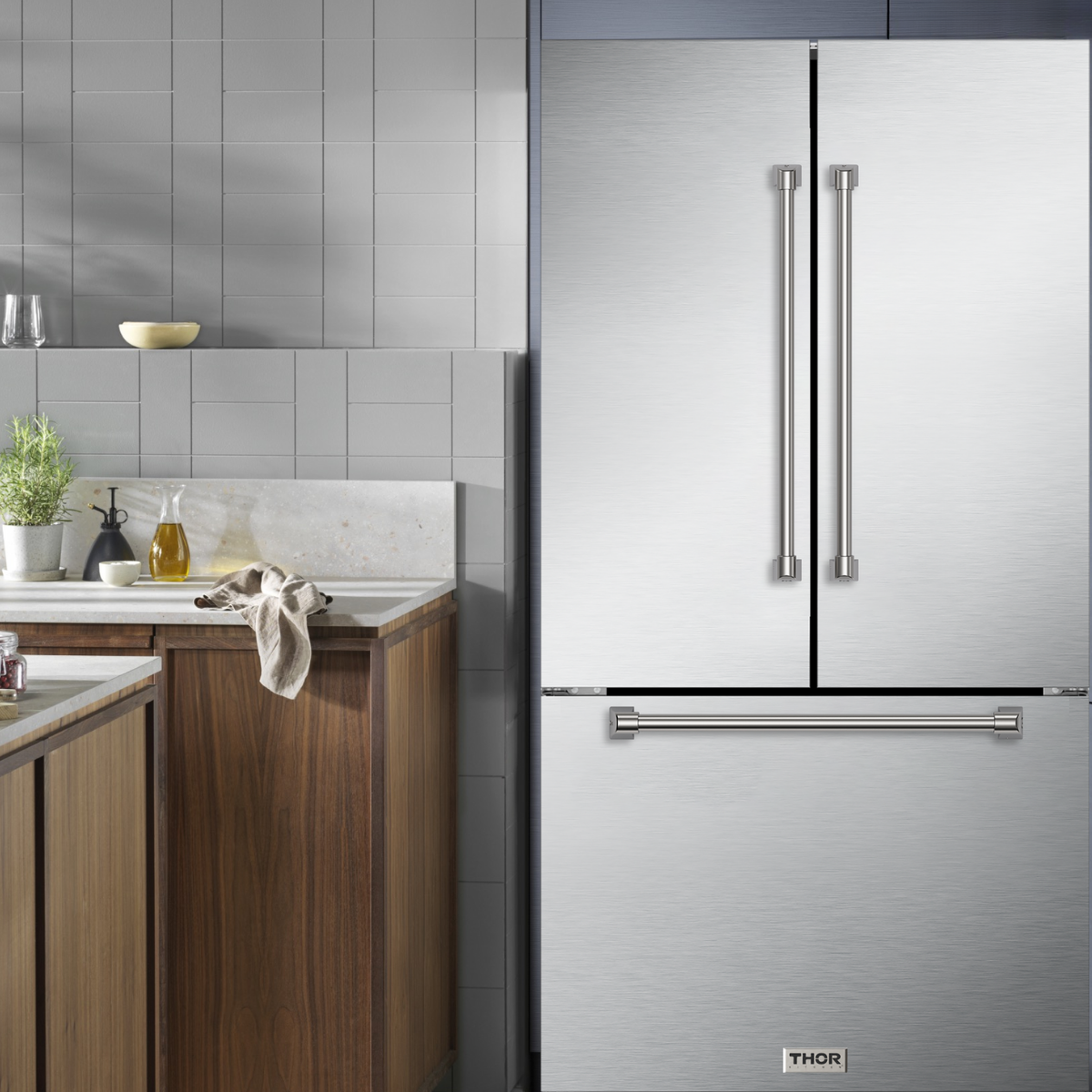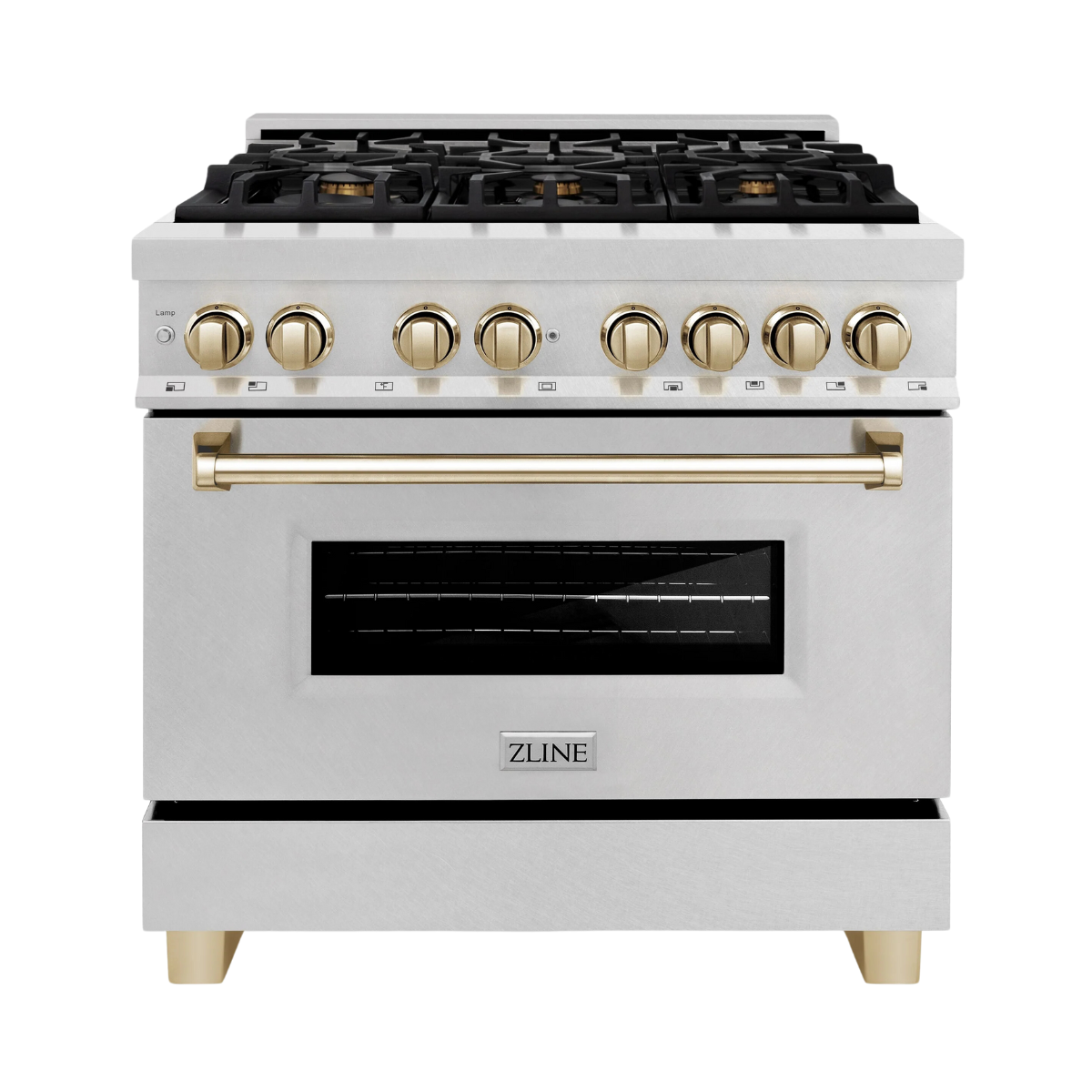Source: ronstik/Shutterstock.com
Keeping your home cool in the summer and warm in the winter is vital for every homeowner. Your HVAC system is one of your home’s hardest working systems and can be one of the most expensive parts of your home to replace, costing $7,000 on average. No one wants to have their air conditioner blow out on the hottest day of the year or their furnace die during a blizzard. It is a good idea to know the age and lifespan of the individual parts of your HVAC system so you can plan and budget ahead for repairs or replacements. The average lifespan of an HVAC system is 15 to 20 years, but this depends on several factors, such as the climate you live in, how much you use your heat and AC and what individual parts make up your system.
What Is an HVAC System?
Your heating, ventilation and air conditioning (HVAC) system isn’t just the furnace and the air conditioner unit. The system includes the ductwork, ventilation and exhaust systems, thermostats, air exchangers and filtration systems. These components work together to keep your home at a comfortable temperature.

Source: kuchina/Shutterstock.com
What Is the Average HVAC System Lifespan?
The various components of your HVAC system have different average lifespans. This means you’ll have a different maintenance and replacement schedule for each separate element.
Furnace lifespan
The more you use your furnace, the quicker it will need to be replaced. Often furnaces deteriorate not because of overuse but because they weren’t the right size furnace for the job. This means they cannot put out the right amount of BTUs to keep your home warm. Different fuel sources will also affect how long your furnace lasts. Fuel oil-fueled furnaces last between 20 and 25 years, while more efficient gas furnaces last 15 to 20.
AC lifespan
An air conditioning unit has an average lifespan of 12 to 17 years. This is due to corrosion that slowly builds up over time on the copper tubing in the condenser unit. The lifespan of an AC unit, like furnaces, depends on how much you use it.
Lifespan of peripheral HVAC parts
The smaller parts of your HVAC system will break over time as well. Ducts will start leaking air, hoses and vents will get clogged and air circulators will wear out. How long each part lasts will vary, but they will generally need replacing in a similar timeframe as your furnace and air conditioning unit.
Wear and tear on the peripheral parts of your HVAC system can be slowly replaced and fixed over time with a yearly maintenance visit from a qualified HVAC technician, and all components rarely fail at once. Modern systems like a MRCOOL mini split do not have complicated ductwork or ventilation systems, lowering maintenance costs and prolonging the system’s lifespan.
Shop Our Home Central AC Systems

Source: Andrey_Popov/Shutterstock.com
How to Choose the Right HVAC for Your Home
The key to having an HVAC system that lasts beyond the average lifespan is installing the right HVAC system in the first place. To find the right-sized system, you need to know how many BTU (British Thermal Units) per hour are required to heat and cool your house. To figure this out, take your home’s square footage and multiply it by 20. Small houses might need a 2-ton 24,000 BTU AC unit, larger homes a 5-ton 57,000 BTU unit. You might only need a 1.5-ton 18,000 BTU heat pump for heating needs, or your home might require a full 3-ton 45,000 BTU gas furnace.
How to Prolong Your HVAC System’s Lifespan
It is possible to prolong the life of your HVAC system well beyond the average lifespan. Ensure that you schedule two maintenance checks per year. Your air conditioning unit should be inspected every spring and your furnace every fall. These tuneups can address problems before they become serious and replace hoses, ducts and circuits that might be damaged.
Another important way to prolong the life of your HVAC system is to lower the burden on the system. This might mean installing a smart thermostat that can auto-adjust the temperature during the hottest and coldest times of the day. You can also adjust your system to increase efficiency and reduce energy use. Keep your system clean all year round, replace filters when dirty and remove any plants around outdoor units. This allows the system to operate more efficiently and last longer.
Premium HVAC Systems Last Longer
A high-quality HVAC system from Premium Home Source is a great option when choosing a replacement HVAC system or a system for a new house. Choose the best system for your home from our wide selection of high-quality systems from trusted brands like MRCOOL.
We also carry a wide range of kitchen appliance packages and outdoor grills to help you create your dream home. Contact us today to speak to a qualified HVAC professional and learn more about our products.





